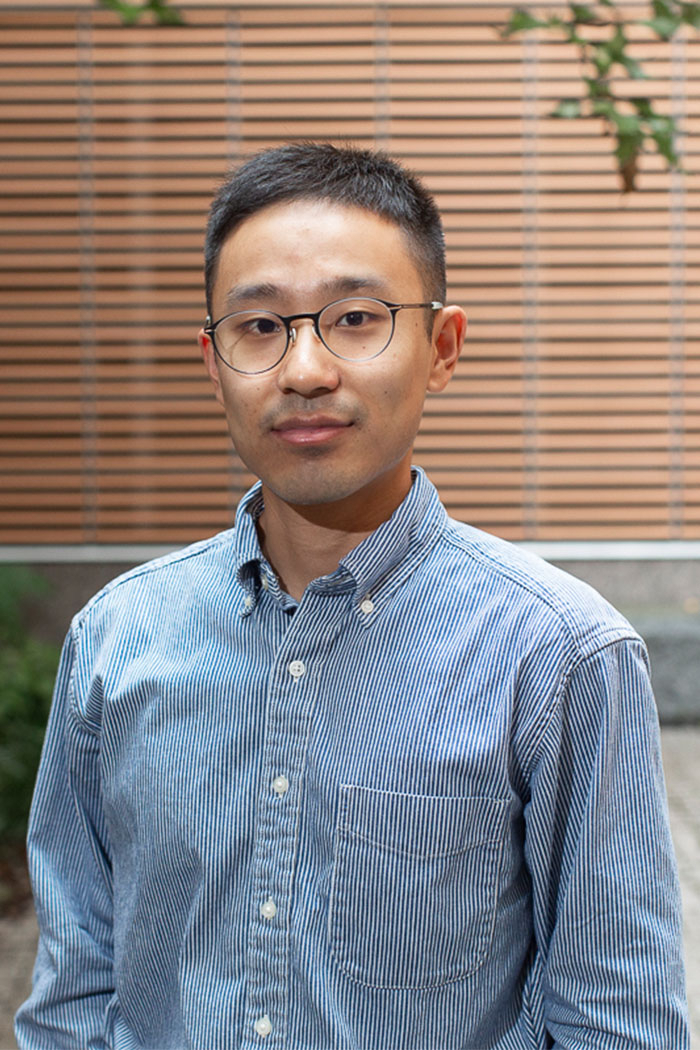在加入香港大學前,蘇昕在哈佛大學取得博士(人類學,2024年)和碩士(人類學,2020年)學位,以及在武漢大學取得碩士(考古學,2018年)和學士學位(歷史學,2015)。他的研究重點是石器與陶器技術,並強調中國青銅時代資源、環境、社會之間的相互作用。
此外,他還參與過多處考古遺址的發掘工作,從新石器時代到歷史時期均有涉及。目前,他的研究集中於長江中遊地區,重點關注青銅時代陶器與石器的生產和流通。同時,作為項目負責人之一,與武漢大學、盤龍城遺址博物院、湖北省文物考古研究院共同合作,在武漢盤龍城遺址進行田野考古暑期學校的運營。
一些相關的研究成果已在中、英文的期刊上發表,包括對青銅器的研究,如盤龍城遺址出土青銅器以及來自個人收藏的隨仲羋加鼎(最近在隨州的考古發掘表明該鼎應屬於曾國的一個貴族墓葬);對盤龍城遺址的陶器、石器、古代景觀、環境的研究;以及對中國東北地區青銅時代的社會互動研究。2024年11月,蘇昕的第一本書《盤龍城(1995-2019)III-玉石器研究》即將由科學出版社進行出版。
Xin Su was educated at the Harvard University, where he received his M.A. (2020), Ph.D. (2024), and at the Wuhan University, where he received his B.A. (2015), and M. A. (2018) before joining the University of Hong Kong in 2024. His research focus on the lithic and ceramic technology, with emphasis on the interaction between resources, environment, and society during the Bronze Age in China.
Furthermore, he participated in the excavation of many sites from the Neolithic to the historical period. He is currently conducting research in the Middle Yangtze River (长江中游) in China, where he is investigating a research on the production of lithics and ceramics. In addition, as one the directors, he is running an archaeology summer school at the Panlongcheng site (盘龙城遗址) in Wuhan, collaborating with the Wuhan University, Panlongcheng Site Museum, and Hubei Provincial Institute of Cultural Relics and Archaeology.
Su’s research works have been published both in Chinese and English peer-reviewed journals, including some studies on bronzes, such as bronze vessels unearthed from Panlongcheng site and SuizhongMijia Ding (随仲芈加鼎) from a personal collection (but recently excavation in Suizhou [随州], China shows that this Ding should belong to a royal cemetery of Zeng State [曾国] in Western Zhou [东周]), some studies on lithic production, ancient landscape as well as paleoenvironment at the Panlongcheng site, and social interactions in the northeastern China. In November 2024, his first book on the study of stone and jade artifacts from the Panlongcheng site will be published by Science Press.








